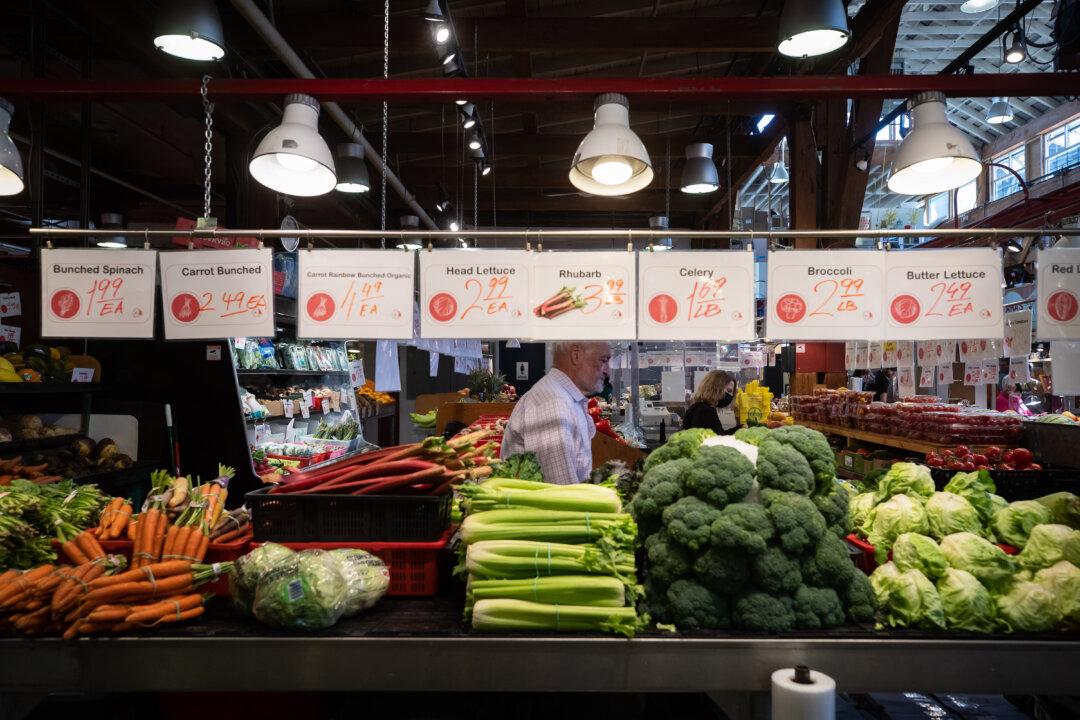Canadians are less prepared to buffer financial shocks as they spend more towards food, clothes, and shelter, says a survey conducted for the insolvency firm MNP.
“Canadians are putting more of their paychecks towards basic necessities. That is leaving less of a financial buffer to manage the impacts of current and potential future interest rate hikes,” said Grant Bazian, president of MNP, in an Oct. 3 statement.





